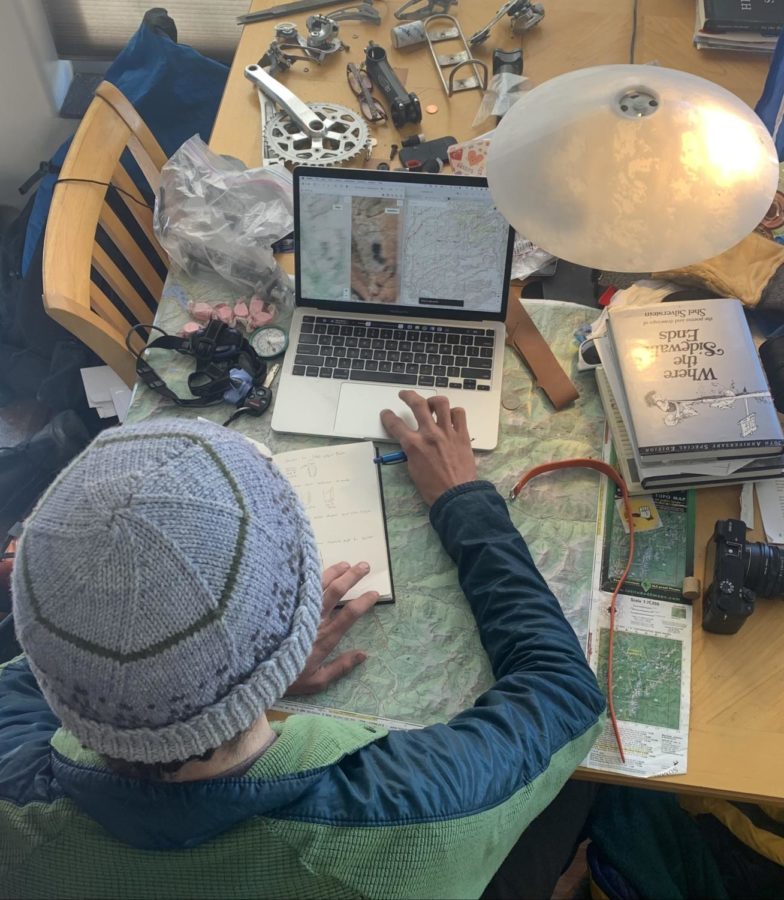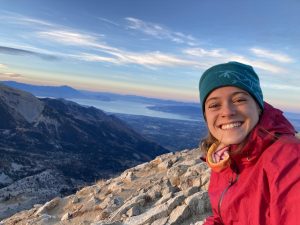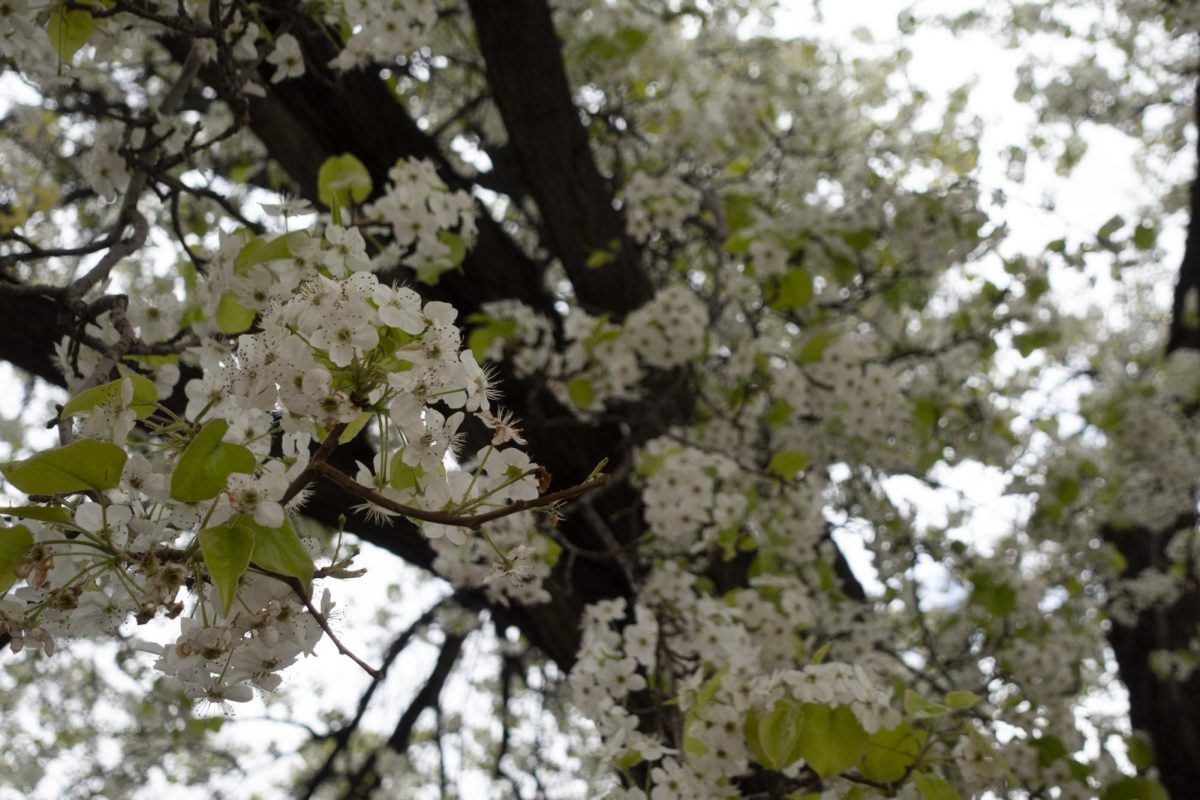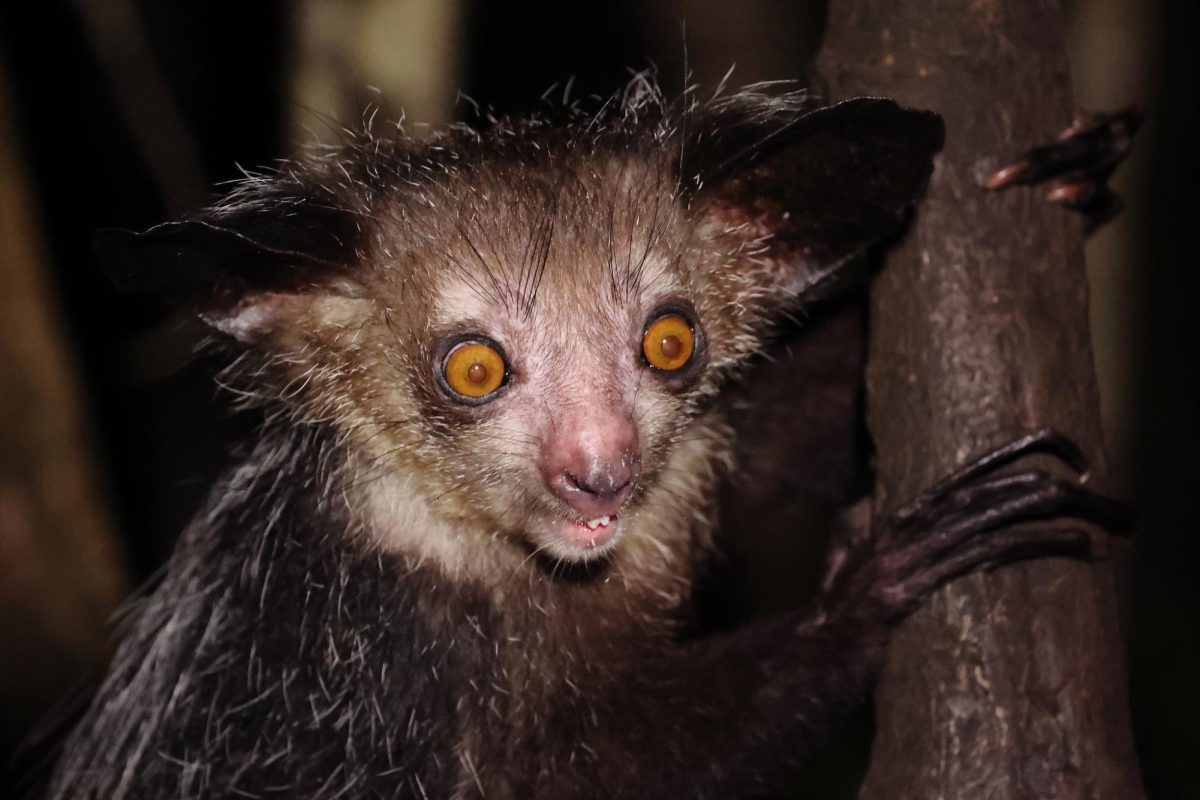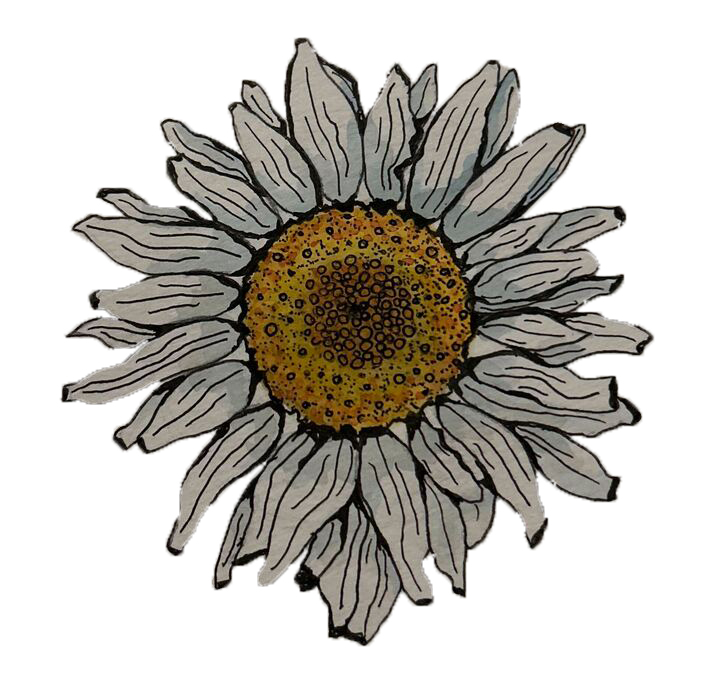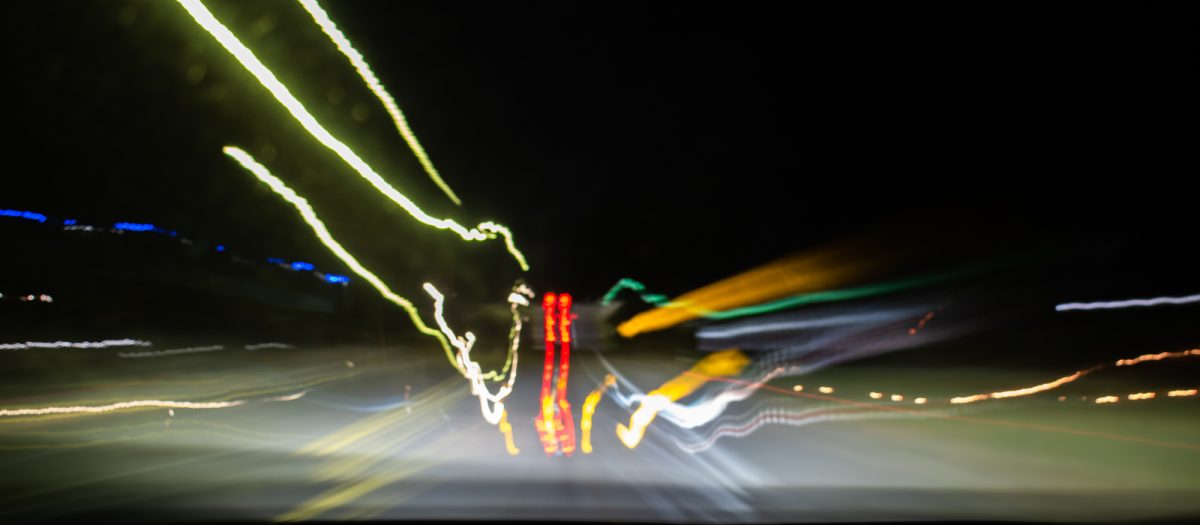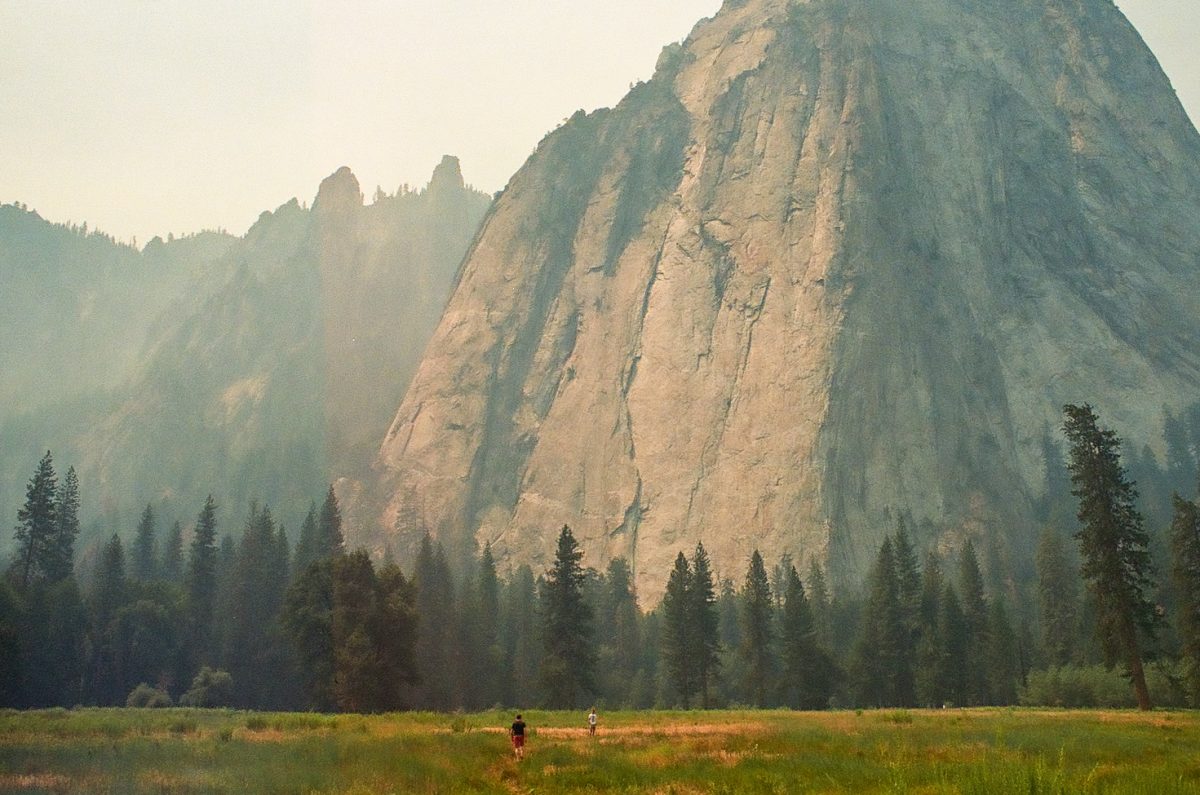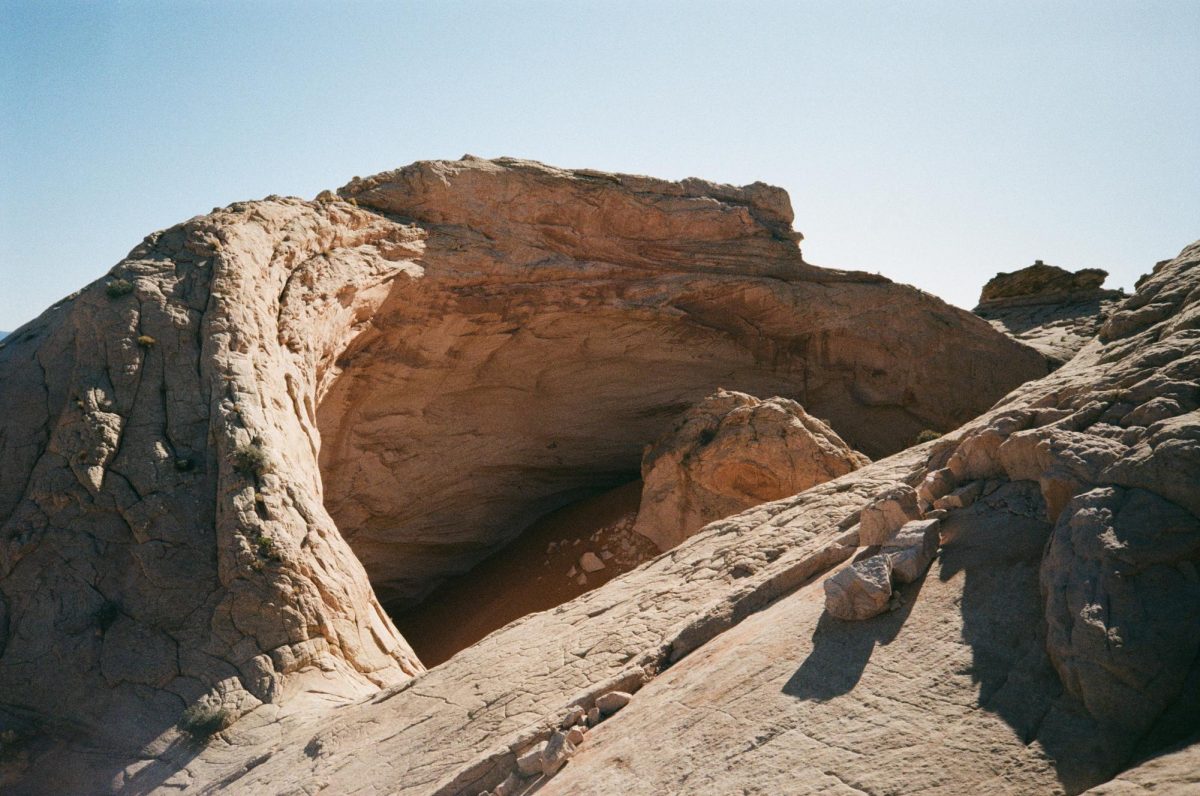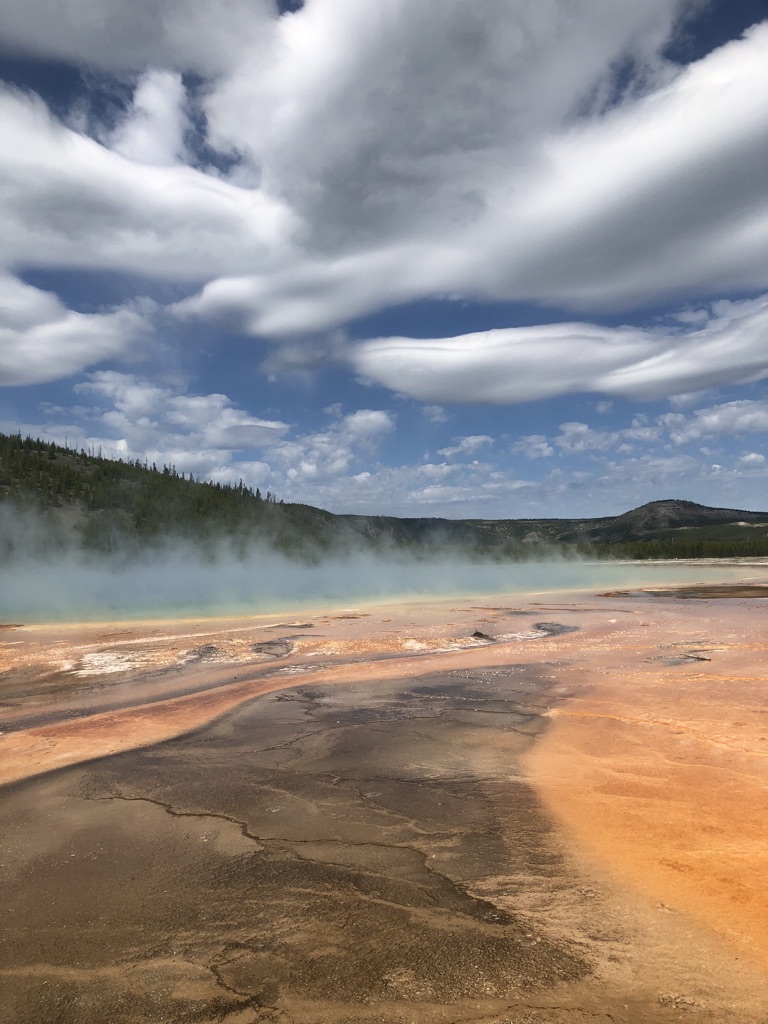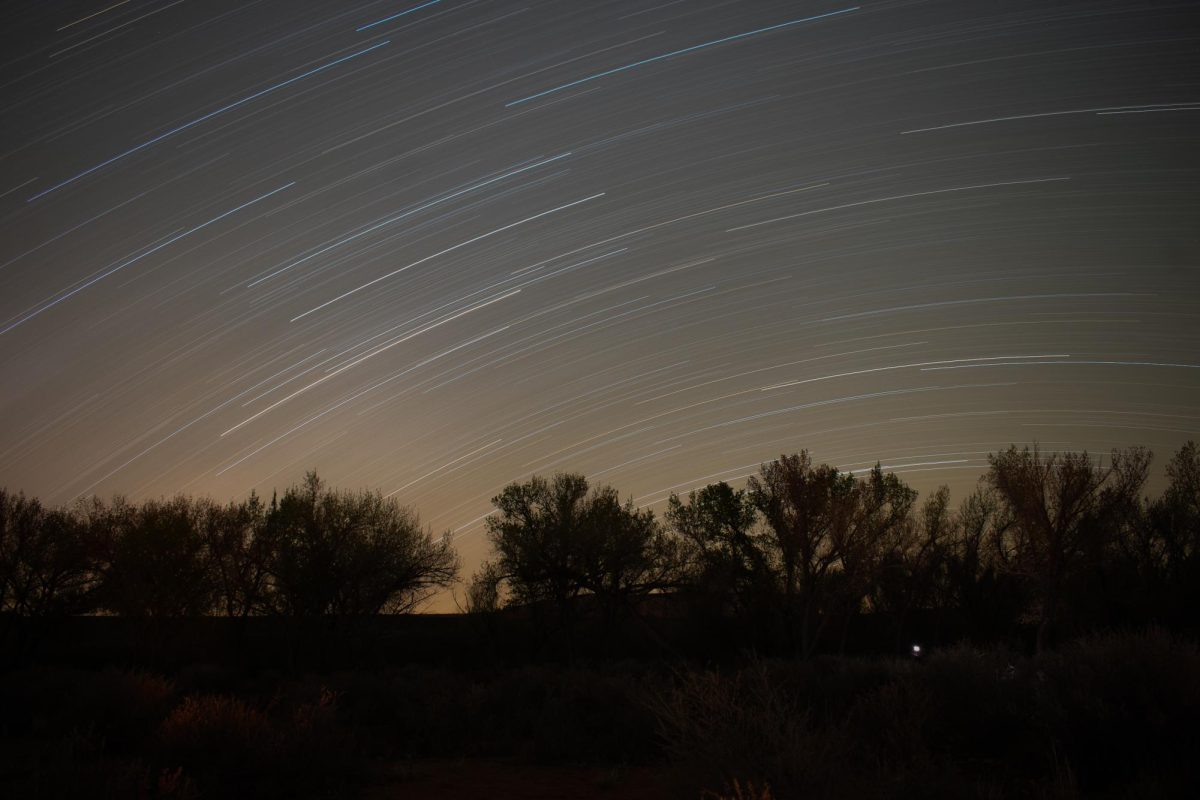Think Outside the Box— but Stay Inside
April 27, 2020
If you are a frequent desert-dweller, the COVID-19 pandemic might challenge every cell in your body. Perhaps you miss sand-dusted meals and basking in the sunlight on Moab’s Wall Street. Many national parks — such as Zion National Park — are already closed, while restrictions are in place at others. On the contrary, Secretary of the Interior David Bernhardt waved park entrance fees in March, which has encouraged people to practice social distancing in the parks that remain open. The conflicting messages make it hard to decide whether or not hitting up your favorite national park — or any other outdoor setting for that matter — is moral.
Here is my unoriginal advice: stay home. While this limbo state might seem like the perfect opportunity to pack your bags and socially distance yourself in a new or favorite location, such actions could worsen the situation and extend the duration of stay-at-home orders and suggestions.
“I started hearing a lot of anecdotes from smaller communities, specifically Moab, where locals were really growing concerned about the huge numbers of visitors that they were seeing drawn to national parks,” said Katie Boué — a Miami-born, Salt Lake City-based outdoor-ist and the founder of the Outdoor Advocacy Project. “As much as it pains me [to say this], as a person who is working full-time to get more people outside… please stay home and close the parks,” Boué said. An increase in visitation rates not only strains natural environments, but it endangers the gateway communities that visitors inevitably interact with.
Boué and the Outdoor Advocacy Project had to navigate the industry’s opposing views. The growing rally for safety during a time of instability solidified their support of park closures and stay-at-home orders. “Rangers across the country were reaching out to us, fearful for their safety,” Boué said. “[They were] really angry and frustrated that they had to continue going to work and interacting with visitors who didn’t seem to be concerned about… prioritizing health over recreation.”
The truth is, movement, nature, and vitamin D keep us healthy and happy, and outdoor recreation perfectly combines these needs. “The feeling that I get when I’ve had a really terrible day of anxiety… and then I finally put my phone down and go outside and that warmth washes over me — that’s part of why I work in outdoor advocacy,” Boué said. Spending time in the outdoors can improve one’s mental health. However, we need to find a balance between taking care of ourselves and “being honest about our footprints,” as Boué put it. There is a distinct difference between walking around your neighborhood and driving outside of your community to engage in risky outdoor activities.
We need to mitigate our risks more than ever due to the current pressure coronavirus is putting on nurses, doctors, and first responders. If you are admitted into a hospital, you will add to the multiplying problems and potentially expose yourself to the virus. If you think a backcountry ski tour or a national park visit would be the perfect stress reliever, consider the fact that a serious injury could put you directly in the line of fire.
The public health crisis is causing an economic crisis, and we need to seriously evaluate the repercussions the pandemic is going to have on tourism-dependent communities. We should not use this as an excuse to visit these places now, but the next step in the discussion should be to figure out how to revive small businesses. Boué is already thinking about ways to support the places that need visitors to survive. “Get some gift certificates for the local coffee shop, or the local burrito spot, or treat yourself to a night in one of the nice cabins,” she suggested. Boué also proposed the cost-free option of leaving reviews on Yelp or Google.
While you are cooped up indoors, start planning a future trip. Small businesses will need everyone’s support. Plus, focusing on the future can help your mind escape some of the current limitations.
Perhaps you live in an area so remote you have not seen another human since 2019. “It’s so situational,” Boué said. “Do you live in downtown Salt Lake City, or do you live in the middle of the boonies where there’s no one else around?” Even if you are a backcountry hermit, be conscious of those who might follow your tracks. Boué said, “I think now is our time to really be leaders, not just in the outdoor space, but in our communities at large.”
FaceTime your friends and have the important conversations about land use vs. abuse. Take walks and enjoy the sunshine. Plan a future adventure to your favorite national park and plan on stopping by some of the shops and restaurants in the gateway towns.
Ultimately, consider the ripple effects of your actions. The national parks will still be around when the pandemic ends. For now, think about the common good, and stay home.

